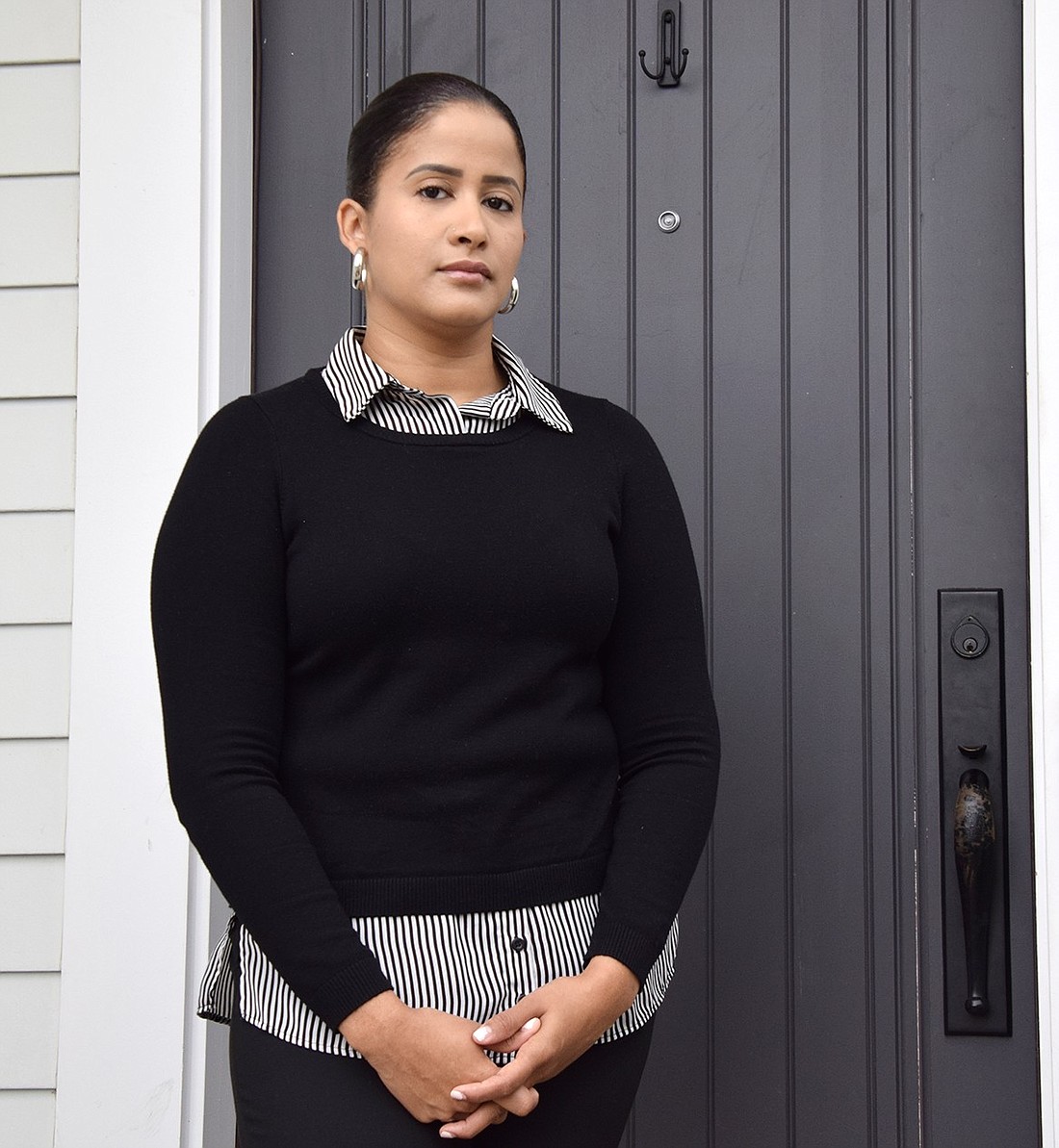Affordable housing resident seeks sustainable change after filing discrimination complaint against Kingfield
September 14, 2023 at 1:07 a.m.
Laury De La Cruz, a homeowner of one of the Kingfield affordable housing units in Rye Brook, filed a discrimination complaint against affiliates of the complex based on her experience living there. The complaint was deemed to have probable cause by the Westchester Fair Housing Board, giving De La Cruz a platform to try and change the system.
(Sarah Wolpoff/Westmore News)
Exhausted, with new motherhood shadows shading the puffs under her eyes, Laury De La Cruz …






Comments:
You must login to comment.